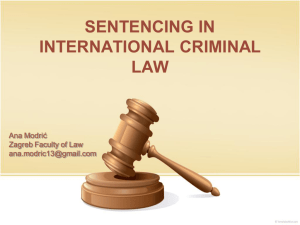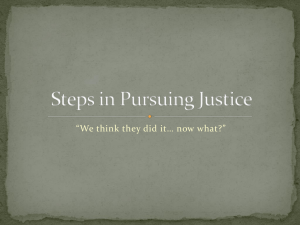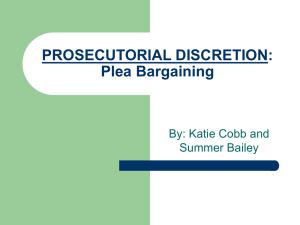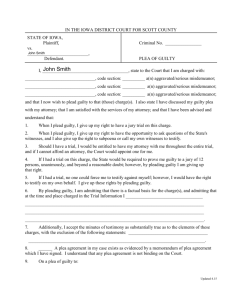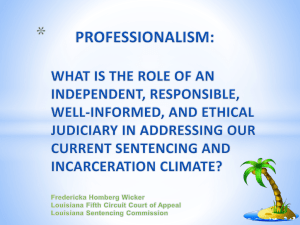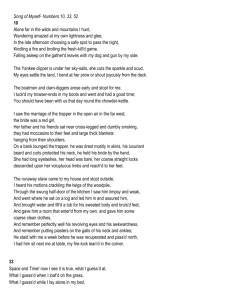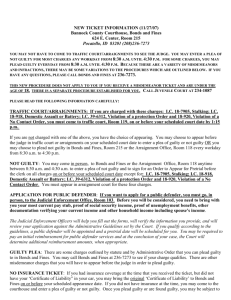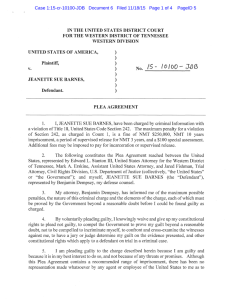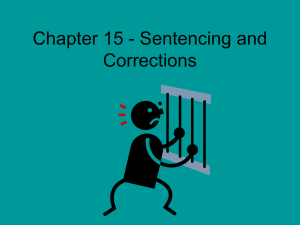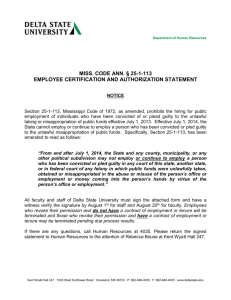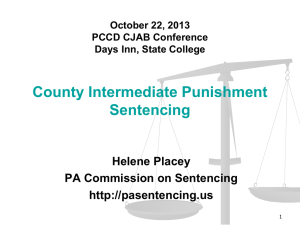Guilty Pleas, sentencing, and the elusive `truth`
advertisement
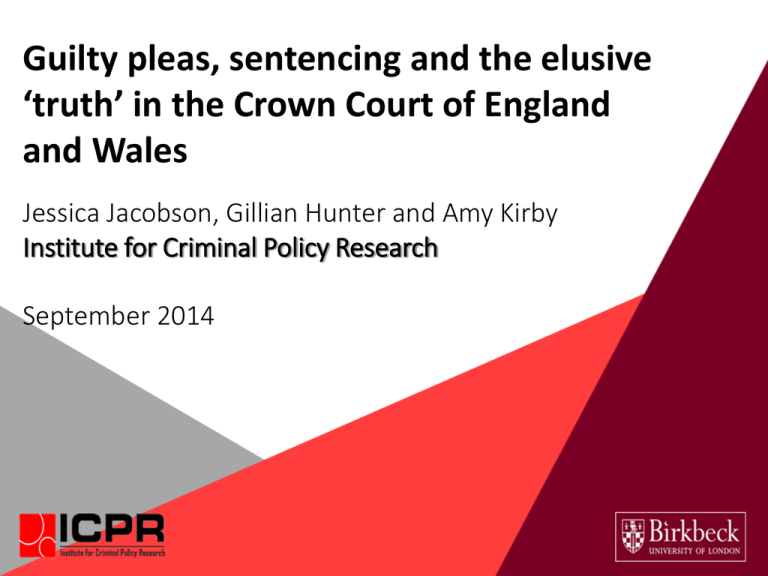
Guilty pleas, sentencing and the elusive ‘truth’ in the Crown Court of England and Wales Jessica Jacobson, Gillian Hunter and Amy Kirby Institute for Criminal Policy Research September 2014 Background • Crown Court of England & Wales – Relatively serious offences: 8-9% of criminal cases – For trial and/or for sentencing • Qualitative study of the Crown Court – Victims’, witnesses’ & defendants’ experiences – Interviews and observations The court process is about… Working out ‘what really happened’? or Shaping and negotiating realities? 1. The criminal trial 2. Guilty pleas 3. Sentencing The criminal trial Prosecution & defence present opposing versions of ‘the truth’… which often remains elusive, whatever the outcome – Defence seek to inject ‘reasonable doubt’ – Lawyerly performances ‘It’s who told the best story won, I suppose.’ – Cases deal with complex, messy events ‘The defence say story, the prosecution tell a story, and then the jury make up their own story.’ Guilty pleas • Even with a guilty plea ‘what really happened’ is often unknown • Guilty pleas as product of negotiation (pleabargaining) b/w prosecution and defence – An informal, largely hidden process … – dealing (again) with messy, complex events Negotiated realities ‘Originally they charged with me with GBH section 18, and then with section 20 GBH ... and then they dropped the charges down to ABH and then I wanted to drop it down to common assault, but my barrister said to me to leave it at ABH - don’t go further cause then they’ll try to nick me for … an offensive weapon [as well] … It would’ve been common assault then, [and] it would’ve been an offensive weapon too.’ Patrice - defendant GBH – grievous bodily harm ABH – actual bodily harm Negotiated realities ‘I think had I got onto the witness stand, she wouldn’t have got away as lightly. … The police said that she was claiming she was provoked and everything. She certainly wasn’t provoked from what I saw. ... Even if she’d pleaded guilty to it, the judge should have still come and asked me what I saw. … So she’s got away on a much lighter sentence and she’s probably laughing.’ Stella - witness Guilty pleas & sentencing • Proportionality in sentencing: offence seriousness sentence • But a guilty plea complicates the relationship between offence seriousness & sentence: remorse/other mitigation offence guilty plea seriousness sentence Guilty pleas & sentencing 21-year-old Emmanuel convicted at trial of inflicting grievous bodily harm, during fight after a football match. At sentencing, defence pleaded in mitigation that Emmanuel was a young man with no previous convictions, working hard as a plumber, supportive of & supported by his family. Judge: ‘All of these points would have been good points if he’d pleaded guilty… [The defendant has] shown no remorse, no empathy… If ever there was a case where credit for plea was so important, this is it.’ Court process as conflict management • Court proceedings leave undetermined ‘what really happened’ • Translation of messy realities of human misdeeds, intrigue and violence into a form of theatre • Process of conflict management
